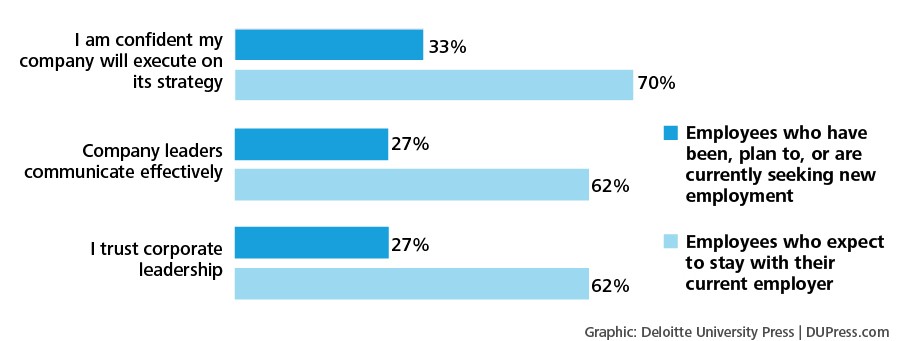Table of Contents
Why Leadership Coaching Models Don't Work - Shipley Coaching in Coppell Texas

Prior to the 2018 tax law changes, exchanges of personal effects could certify under Section 1031. Exchanges of shares of business stock in various companies did not qualify. Likewise not qualifying were exchanges of partnership interests in different collaborations and exchanges of livestock of different sexes. As of a 2002 IRS ruling (see renters in typical 1031 exchange), Occupants in Common (TIC) exchanges are allowed - emotional intelligence.
In order to obtain full benefit, the replacement home must be of equivalent or higher value, and all of the proceeds from the given up residential or commercial property should be utilized to get the replacement home - shipley coaching. The taxpayer can not receive the earnings of the sale of the old property; doing so will disqualify the exchange for the portion of the sale continues that the taxpayer received.
In this method, the taxpayer does not have access to or control over the funds when the sale of the old home closes. At the close of the given up residential or commercial property sale, the earnings are sent out by the closing agent (typically a title business, escrow company, or closing attorney) to the Competent Intermediary, who holds the funds until such time as the transaction for the acquisition of the replacement property is prepared to close.
After the acquisition of the replacement property closes, the Qualifying Intermediary delivers the home to the taxpayer, all without the taxpayer ever having "constructive invoice" of the funds - leadership engagement. The dominating concept behind the 1031 exchange is that given that the taxpayer is merely exchanging one home for another home(ies) of "like-kind" there is nothing gotten by the taxpayer that can be utilized to pay taxes.
All gain is still secured in the exchanged residential or commercial property therefore no gain or loss is "recognized" or claimed for earnings tax purposes. Although it is not used in the Internal Earnings Code, the term "boot" is frequently used in going over the tax ramifications of a 1031 exchange. Boot is an old English term significance "something given up addition to." "Boot got" is the cash or reasonable market price of "other home" received by the taxpayer in an exchange.
"Other residential or commercial property" is property that is non-like-kind, such as personal effects, a promissory note from the purchaser, a pledge to perform deal with the residential or commercial property, an organization, etc. There are many methods for a taxpayer to get "boot", even inadvertently. It is very important for a taxpayer to comprehend what can result in boot if taxable earnings is to be avoided.
Think Employee Engagement To Lead Leadership - Drucker ... in Sunnyvale TX

This will typically remain in the kind of "net money got", or the distinction in between cash gotten from the sale of the relinquished property and money paid to acquire the replacement residential or commercial property(ies). Net money got can result when a taxpayer is "Trading down" in the exchange (i. e. the list price of replacement property(ies) is less than that of the given up.) Debt reduction boot which occurs when a taxpayer's financial obligation on replacement residential or commercial property is less than the debt which was on the relinquished residential or commercial property.

Financial obligation reduction can be offset with money utilized to purchase the replacement residential or commercial property. Sale profits being utilized to pay non-qualified expenses. For example, service costs at closing which are not closing expenditures. If profits from the sale are used to service non-transaction costs at closing, the result is the exact same as if the taxpayer had actually received money from the exchange, and then utilized the cash to pay these costs.

e. lease prorations, energy escrow charges, tenant damage deposits transferred to the buyer, and any other charges unrelated to the closing - emotional intelligence. Excess loaning to get replacement residential or commercial property. Borrowing more money than is needed to close on replacement home will not lead to the taxpayer receiving tax-free money from the closing.

If the addition of exchange funds creates a surplus at the closing, all unused exchange funds will be returned to the Certified Intermediary, probably to be used to acquire more replacement residential or commercial property. Loan acquisition expenses (origination charges and other fees connected to obtaining the loan) with respect to the replacement property must be given the closing from the taxpayer's individual funds.
However, the IRS might take the position that these expenses are being paid with exchange funds. This position is normally the position of the funding organization. Sadly, at today time there is no guidance from the internal revenue service on this issue which is handy. Non-like-kind property which is received from the exchange, in addition to like-kind home (property).
Table of Contents
Latest Posts
How To Be A High Eq Leader: Be Self-aware - Denton TX
Building The Leader: Emotional Intelligence Self-assessment Dallas Texas
Self Awareness & Mastery Of Emotional Intelligence Irving Texas
Navigation
Latest Posts
How To Be A High Eq Leader: Be Self-aware - Denton TX
Building The Leader: Emotional Intelligence Self-assessment Dallas Texas
Self Awareness & Mastery Of Emotional Intelligence Irving Texas